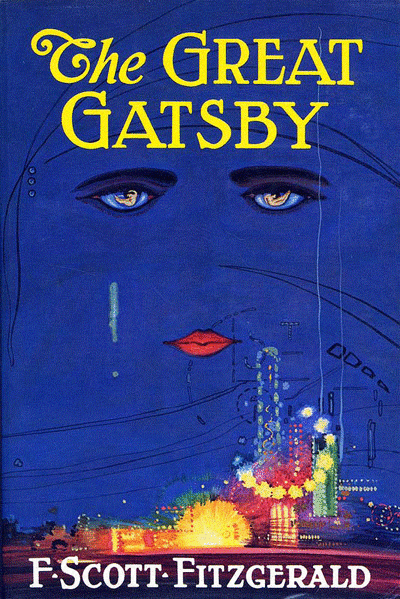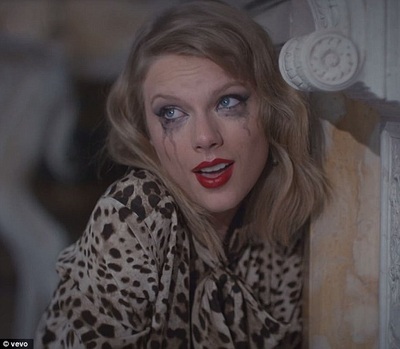The podcast that set me off was an episode of NPR's On Point about one of my favorite topics: NaNoWriMo. You can find that podcast here; it's well worth a listen. Listening to it filled me with the need to get back to my keyboard and pound out a diatribe.
What got me so worked up were some of the criticisms of NaNoWriMo. I've been doing NaNo for years, and I'm sure fellow NaNoWriMos won't be surprised by them either. Basically, they boil down to the idea that NaNo is a gimmick, that great "art" is the work of many years, and that it's not possible to sit down on November 1st and have something amazing on November 30th.
To this last part, I have a very succinct response: Duh. I don't think any NaNoWriMo participant seriously believes they'll emerge from the writer cave at the end of the month with anything that's remotely close to being ready to publish. The point of NaNo isn't to write a perfect novel in a month, it's to sit in your chair and write 50,000 words. You will find LOTS of talk on the NaNo site, Facebook page, and Twitter feed about the major work of revising what you created during November, so I really can't take that particular critique seriously.
What truly set me off, though, was what I think is implied in critiques like this, that true capital-a "art" transcends mere mortals. That to see it or read it or hear it is an almost holy experience. While all of this can be true, I don't like how it makes art seem unattainable, academic, and, let's face it, snooty. I honestly feel this has a lot to do with why arts programs are constantly struggling to avoid total annihilation. There's a belief out there that art is elitist, that it's not practical, that it's frivolous. I reject this wholeheartedly. Art is for everyone. Everyone needs art.
Enter Taylor Swift. I enjoy her music and have for a long time, but her new single, Blank Space, blows my mind. Swift has plenty of critics, and they like to say all kinds of nasty things about her. One common critique is that her songs are all about her romantic relationships. This seems weird to me, since one of the most basic pieces of writerly advice is "write what you know". Isn't that what she's doing? I love Blank Space--both the song and the video--because it feels like Swift's way of saying to her critics, "I hear you, but it's not going to stop me from doing what I do, and, you know what, I think I'll have some fun with this." I think she does the same thing with the song Shake It Off--which is great to listen to before writing, by the way.
Shake it off. Shake off that inner critic that tells you you're terrible, your book stinks, you'll never amount to anything. Shake off those external critics that say you can't do it, you're not good enough, you're not capable of producing "art". So I'll probably never write the next Great American Novel. So what. I'm writing. I'm tapping into my creativity, fulfilling a deep-seated need to get in touch with my thoughts, my imagination, and I started doing all this thanks to NaNoWriMo.
As an adult, it sometimes feels like creativity is beaten out of us. Watch a child sometime. They don't care if they can't draw a photo-realistic picture of a dog, they just draw a dog. That's an ability we lose touch with as we get older, as we start to listen to the naysayers, as we internalize the things they say.
I say participate in NaNoWriMo. I say buy yourself a canvas and paint whatever you like. I say pick up an instrument, a lump of clay, a video camera and create. Who cares what people say? You're not doing this for people, you're doing it for yourself. Art is whatever moves you, whatever speaks to you on a deep level, and in that respect, art is for everyone. Go make some.



 RSS Feed
RSS Feed